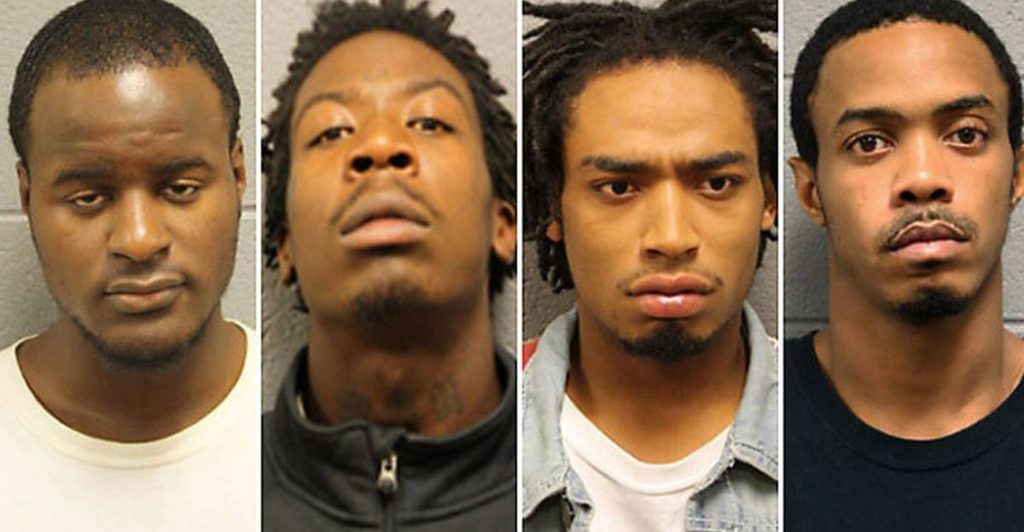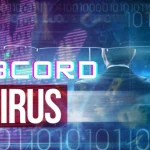The harsh truth of the “Chicago mass shootings” has been faced recently, with lasting effects on victims, families, and the entire city. Gun control regulations, mental health treatments, and community safety measures have all been discussed in light of the recent uptick in gun violence and mass shootings. In this in-depth piece, we examine the Chicago mass shooting, its root causes, and the far-reaching effects that have been felt long after the shooting itself.
The Chicago Mass Shooting: An Overview
The term “Chicago mass shooting” is terrifying since it indicates a purposeful attack on numerous people at once. Chicago has, unfortunately, seen its share of similar tragedies. Mass shootings have punctuated the city’s history, shaking neighborhoods and shattering lives.
Factors Contributing to the Crisis
Finding effective answers to the disturbing rise of “Chicago mass shootings” requires first gaining an understanding of the causes. There are many interrelated factors that contribute to the persistence of such violence.
Socioeconomic Disparities and Marginalization
There are isolated areas of poverty and limited access to services because of the city of Chicago’s enormous socioeconomic difference. High unemployment, low wages, and a lack of educational possibilities all contribute to an atmosphere that is ripe for criminal activity and mayhem.
Gun Accessibility and Gun Control Laws
The widespread availability of firearms is a major cause for alarm, and discussions of gun control laws have heated up in the wake of recent mass murders. Proponents of tighter limits believe that protecting people’s Second Amendment rights is more important than keeping dangerous weapons out of the hands of those who would use them maliciously.
Gang Activity and Turf Wars
The streets of Chicago remain plagued by gang violence, which frequently contributes to mass shootings. Disputes and rivalries over territory can lead to violent clashes that harm not only the combatants but often bystanders.
Mental Health and Support Services
When it comes to preventing mass shootings, mental health services are crucial. Individuals are more likely to engage in violent behavior due to the lack of readily available mental health services. The first step in reducing such events is to improve mental health care.
Implications for the Community
Mass shootings leave an enduring impression on a community and its psyche that goes far beyond the immediate scene. Families of victims, witnesses, and survivors often deal with long-term psychological effects.
Psychological Scars
Psychological trauma, such as post-traumatic stress disorder (PTSD), anxiety, despair, and survivor’s guilt, is common among those who see or survive a mass shooting. Individuals experiencing these mental health issues require extensive assistance and resources.
Erosion of Trust and Safety
The fear of crime spreads throughout a community after a mass shooting. People are afraid to go out in public, to their children’s schools or to their houses of worship for fear of being shot. Loss of trust has the potential to sever social links and destabilise communities.
Advocacy for Change
As a result of the sad incidents, concerned individuals and advocacy groups are rallying for reform. There has been a rise in the number of people calling for more stringent gun control laws, better mental health care, and community-based intervention programmers.
Conclusion
Gun violence has far-reaching implications, and occurrences like the “Chicago mass shooting” serve as sharp reminders of the need for comprehensive measures to address this problem. Everyone wants to see improvements made to public safety, access to mental health care, and gun violence prevention measures. We can strive towards a future when Chicago’s streets, and the streets of cities throughout the world, are free from the scourge of mass shootings by identifying and addressing root causes, supporting victims and survivors, and advocating for systemic change.
The Chicago mass shootings are a significant issue, influenced by socioeconomic disparities, gun accessibility, gang activity, mental health services, and community safety measures. Gun control laws are debated, with proponents arguing Second Amendment rights are more important than preventing dangerous weapons. Mental health services are crucial in preventing violent behavior, and community engagement and swift response from law enforcement agencies are essential in preventing such incidents.
FAQs
Q: Are mass shootings specific to Chicago, or is it a nationwide problem?
Mass shootings are not exclusive to Chicago; they are a nationwide issue that requires collective efforts to address.
Q: What can individuals do to contribute to reducing mass shootings?
Supporting organizations that work toward gun control, mental health awareness, and community safety is a proactive way to contribute.
Q: How can the community support survivors and families affected by mass shootings?
Providing emotional support, access to counseling services, and participating in community events can help survivors and families cope.
Q: What role does law enforcement play in preventing mass shootings?
Law enforcement agencies play a crucial role in preventing mass shootings through proactive community engagement, intelligence gathering, and swift response to potential threats.
Q: Are there successful models of cities that have effectively reduced mass shootings?
Some cities have implemented successful intervention programs, community engagement initiatives, and gun control measures that have shown promising results.







